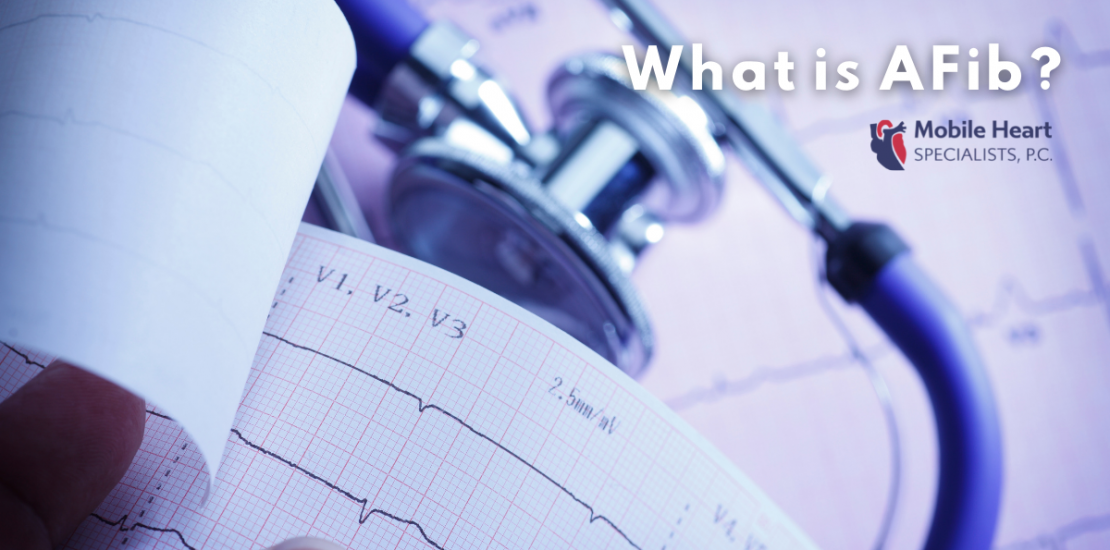- August 3, 2021
- Posted by: sabrina@salexanderconsulting.com
- Category: News


Atrial Fibrillation, also known as AFib, is a quivering or irregular heartbeat. It affects nearly three million Americans and can lead to blood clots, stroke, heart failure and other heart-related complications.
What is happening when I experience AFib?
Typically, your heart contracts and relaxes to a regular beat. When experiencing atrial fibrillation the atria (upper chambers) beat irregularly instead of beating effectively so blood can move into the ventricles.
What does AFrib feel like?
Many patients describe the feeling as their heart flip-flopping or skipping beats. Some report having really fast heartbeats along with nausea and difficulty breathing, while others experience no symptoms at all.
What are the symptoms?
As stated above, many patients do not experience symptoms. The most common symptoms are irregular heartbeat, heart palpitations, lightheadedness, shortness of breath, fatigue and chest pain.
How likely am I to experience AFib?
Like many heart-related issues, the risk for AFib increases as you get older. High blood pressure accounts for roughly one in five cases. Other factors such as weight, ancestry, diabetes, heart failure, kidney disease, alcohol use and smoking can also all lead to AFib.
What do I do if I’m experiencing AFib for the first time?
Contact your healthcare provider immediately. They will likely refer you to a cardiologist who can examine the extent of your issues.
Learn More: Get in Rhythm. Stay in Rhythm.
If you’re someone who suffers from AFib, be sure to tune in to the Virtual Atrial Fibrillation Patient Conference August 6-8. You can expect to hear from the nation’s leading cardiologists on risk factors, rhythm control, procedures and more.
If you or a loved one are experiencing atrial fibrillation please contact us so we can get you in to see one of our physicians. Mobile Heart Specialists offers complete cardiac services with five specialists. Whether you seek current treatment or a proactive approach to your heart health, you can call us today at (251) 433-4700 to schedule an appointment with one of our specialists.
Resources:
Center for Disease Control
American Heart Association
New York Times
